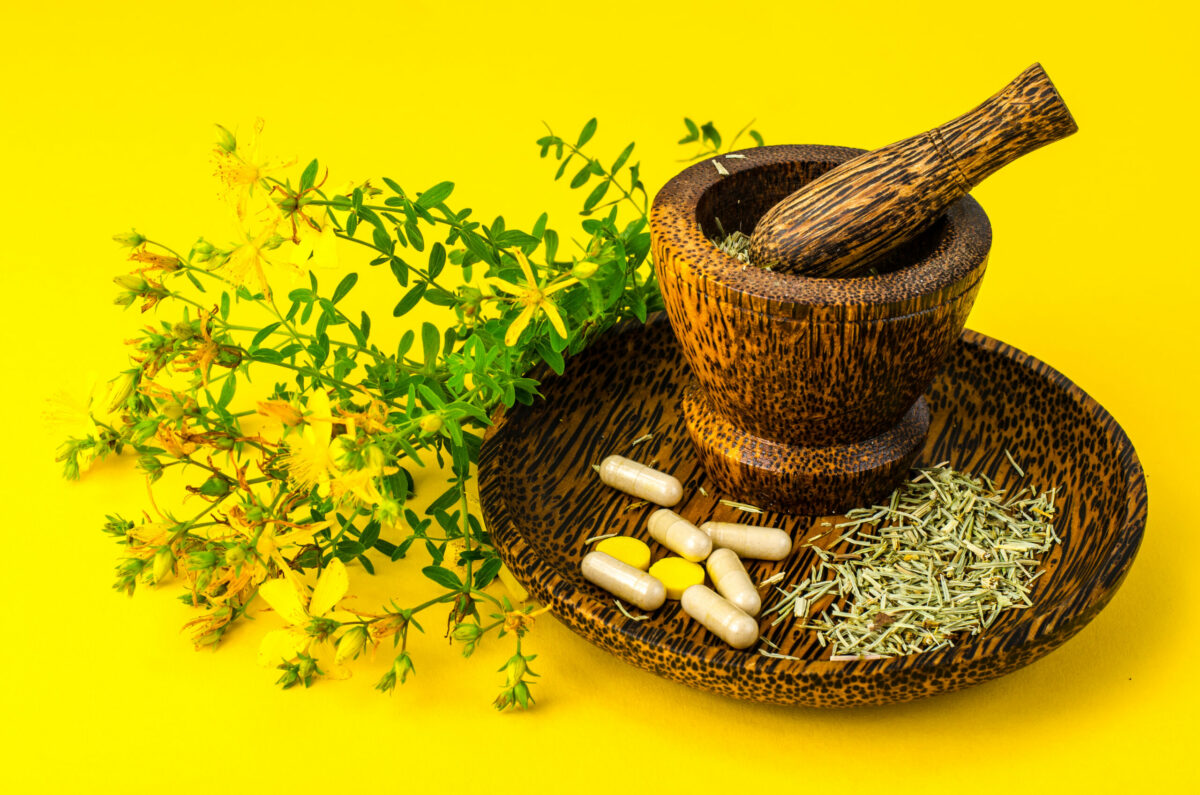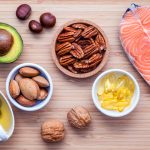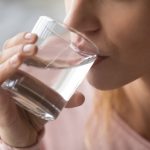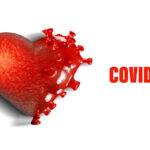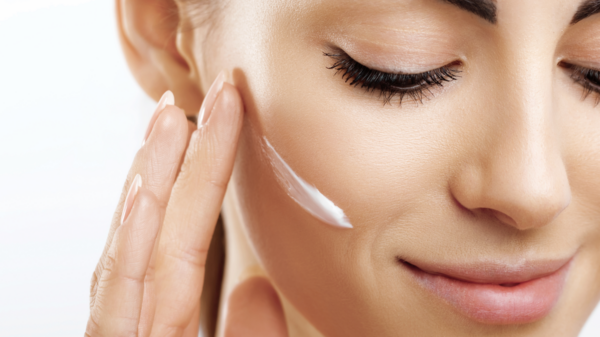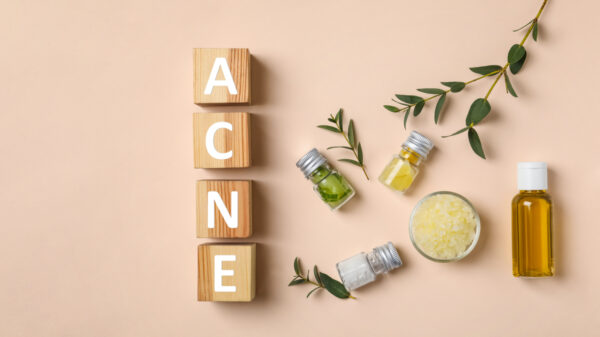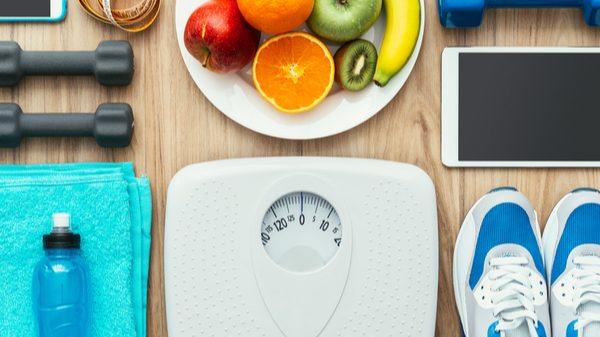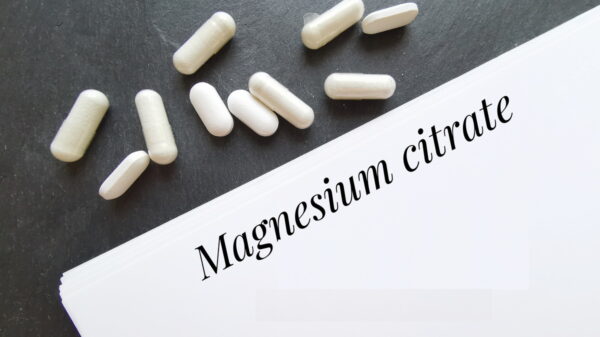Depression is a disorder, and its symptoms can be mild and sometimes can be chronic, which can lead to chronic diseases and ultimately to death.
Some people cope with depression with herbal remedies, and some of the people recommend medications and supplements prescribed by doctors.
According to the research of the National Institute of Mental Health, 6.7% of people in the US experienced depression in 2016.
Symptoms of Depression
Some of the symptoms of depression are:
- Sad feeling and hopelessness
- Irritability and frustration
- Fatigue
- Sleep problems and insomnia
- Loss of interest in doing activities
- Concentration and focus problems
- Appetite problems
- Headache or backache
- Suicidal thoughts
Healthcare professionals say, if a person is noticing any of these 5 symptoms and symptoms lasts for more than 2 weeks, then the person is diagnosed with depression.
Herbs and supplements to prevent depression
People, nowadays, look for modern and more natural methods for taking care of their health, with complementary therapies becoming more common and popular.
But, using herbal ways does not ensure secure or efficacious methods, and knowing the substances to use can help save time and money.
The Food and Drug Administration (FDA), present in the United States, does not monitor herbal products as much as food and drugs. Therefore, it results in the manufacturer’s doubt related to 100 percent product’s quality and purity.
1. St. John’s wort
St. John’s wort is also known as Hypericum perforatum. Many years have passed since this plant has been used as an herbal medicine used to treat mental health.
But it is important that people be cautious while using this herbal treatment to cure their depression.
A systemic review in 2016 showed that St. John’s wort was considered more efficacious than a placebo to treat mild to moderate depression, and it performs as much as anti-depressant medicines.
2. Ginseng
This supplement was obtained from the gnarled root present in American or Asian ginseng plants. A variety of active ingredients are found in different plants of Siberian, Asian, and Eleuthero ginseng.
Enhancing mental clarity and energy and decreasing outcomes related to stress have been found to help people using ginseng by many Chinese practitioners for many years.
The outcomes of these plants due to their properties have been found beneficial for dealing with depression in people with low energy and motivation.
3. Chamomile
Chamomile, obtained from the plant Matricaria recutita, and its study conducted in 2012 revealed data suggesting that it helps in managing anxiety and depression.
The result revealed that symptoms of depression are best dealt with by using chamomile than with a placebo. But more study and research are required to confirm the use of chamomile in dealing with depression and its symptoms.
4. Lavender
Lavender oil is a very common type of essential oil. Lavender oil is used by individuals for relaxation and to alleviate anxiety and mood disorders.
A review study conducted in 2013 revealed that lavender might show promising and positive effects on anxiety and improve sleep. The effect of lavender on anxiety, when observed in studies, revealed mixed results.
But, its adequacy to be used in the treatment of depression has few related studies and evidence regarding this at the present time.
5. Saffron
Non-systematic review in 2018 showed and cited the use of saffron as a safe and efficient method to reduce the symptoms of depression.
But more study is required to fully prove the use of saffron and its benefits for people dealing with depression.
Plus, any side effects that may occur due to its use should also be fully acknowledged and understood by scientists.
6. SAMe
SAMe stands for S-adenosyl methionine. It is found in the body naturally as a synthetic form of chemical. Researched in 2016, analyzed the randomized controlled traits on record for treatment of depression in older people using SAMe.
Not much difference was found between the use of placebo and that of SAMe on depression patients and symptoms. But it was revealed that SAMe effectiveness was quite similar to the anti-depressants imipramine and escitalopram.
Moreover, good results were obtained when researchers combined SAMe with selective serotonin reuptake inhibitor medicines.
7. Omega-3 fatty acids
Fore depressive treatment of patients, omega-3 fatty acids were not found to be good candidates or as effective in a research systematic review conducted in 2015.
Though there are no serious side effects were reported from the use of supplements, but still, the authors suggested that omega-3 deficiency would be the only reason that this treatment works for depressive patients.
8. 5-HTP
It is also regarded as 5-hydroxytryptophan; levels of serotonin in the brain are maintained and enhanced with the use of this supplement. An individual’s mood is affected due to serotonin, which is a neurotransmitter.
This review in 2016, with other animal studies conducted for 5-HTP, suggests that it can work in antidepressant therapy. However, its effects on human subjects are still not fully known.
Many countries may demand a prescription for 5-HTP, but in the U.S., it is sold as an over-the-counter (OTC) supplement.
More research is required to fully understand the concerns that it may lead to serotonin syndrome, which is a serious neurological complication if 5-HTP is consumed in excess by a person. It is not compulsory for manufacturers of supplements to prove their product’s consistency.
An incorrect dose may also be mentioned on the bottle. It is, therefore, the duty of the public that they buy herbal and supplemental products from manufacturers they know are trustworthy.
9. Vitamin D
Vitamin D is an important nutrient used in the body for different functions. Many people, including those with depression, do not have acceptable amounts of vitamin D levels.
Research suggests that vitamin D deficiency is prevalent in people with depression. People with this illness have less quantity of vitamin D levels than the general public, and those same people have the most prominent symptoms of depression.
Depression is reduced by vitamin D with the mechanisms like decreasing inflammation, maintaining mood, and safety against neurocognitive dysfunction.
10. B vitamins
Vitamin B is known to regulate mood and helps in the body’s neurological function. The development and regulation of neurotransmitters like dopamine, serotonin, and gamma-aminobutyric acid (GABA) are possible by Vitamin B, including B6, B12, and folate.
It is seen in research that folate and vitamin B12 deficiency may cause a high risk of depression, and using these supplements may reduce the chances of developing depressive symptoms in specific populations.
Like, children who have developed resistance to depression treatment and adults with a genetic mutation resulting in defective folate metabolism may be reduced by folate supplements.
Alternative Treatments for Depression
A few individuals prefer non-drug treatments when trying to deal with their depression to feel better. However, natural methods and home remedies may be useful for mild depression.
No authentic and validated evidence exists of these methods affecting moderate to severe depression. You should consult the doctor to find out which natural treatment might be beneficial for you.
· Meditation and Yoga
Meditation is thought of as an altered state of consciousness. It improves your depression by helping you to relax.
Yoga requires specific body positions and a variety of breathing techniques as a part of meditation. It helps you to relax. Its techniques differ, and it is not suggested for people with health issues. Some information suggests that yoga may work for depressive patients, but its evidence is not irrefutable.
· Massage Therapy
Touch therapies are based on concepts that say mind and body are connected, meaning your emotional health and physical wellbeing are related. It is thought that with good health of the body, your mind is also relaxed, with less depression and good overall well-being.
Mind/body exercises are having also been associated with increased feelings of relaxation.
· Exercise
A variety of exercises can be used to reduce stress, relax you, and decrease symptoms of depression.
Exercise also works to enhance your energy, balance, and flexibility. Generally, it is said to be a healthy, safe and effective way to better your health.
It is better to consult your doctor before trying something new or increasing your activity.
· Music Therapy
Music works as a natural tranquilizer for the human soul. Pythagoras used it in the 6th century, who was a philosopher and mathematician.
Veterans’ hospitals used to have volunteers to play for their injured soldiers amidst World War II. Inspiringly by seeing the positive results, VA included music therapy programs.
All that is required is a headphone with CD player or mp3 player. Select music which suits your personal interests, tastes, and moods, from New Age music to rock to classical.
Many unpleasant feelings like fear, stress, anxiety, and sadness can be helped using music therapy for individuals that want to try non-drug treatment methods.
Conclusion
Many people rely more on herbal or natural supplements, and it works! But these treatment substitutes are not better than conventional treatment for people who consider suicide or self-harm. Side effects and interactions may occur for people who use herbal supplements, so doctors must be informed of their use to avoid these circumstances.
Many options may be best to try while treating depression, to find out which treatment suits them better.

